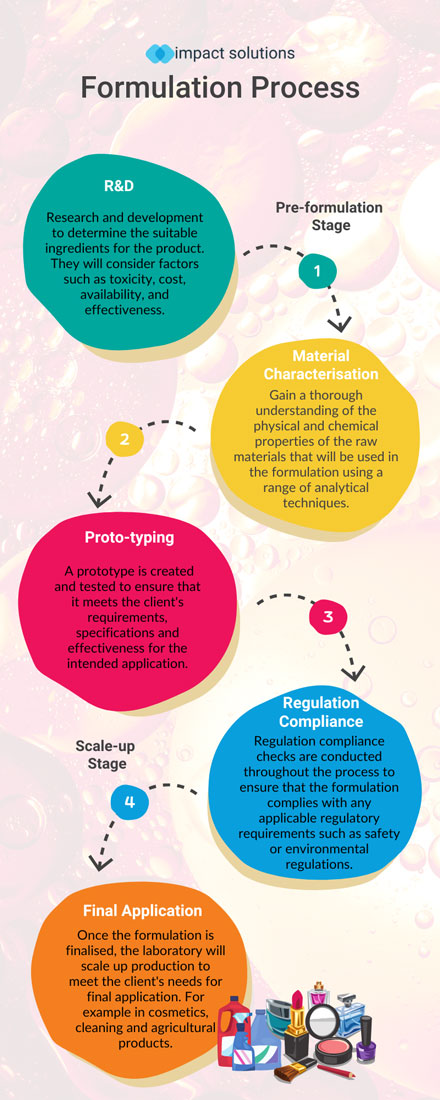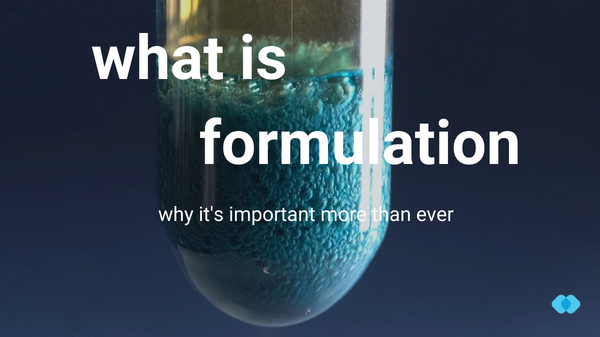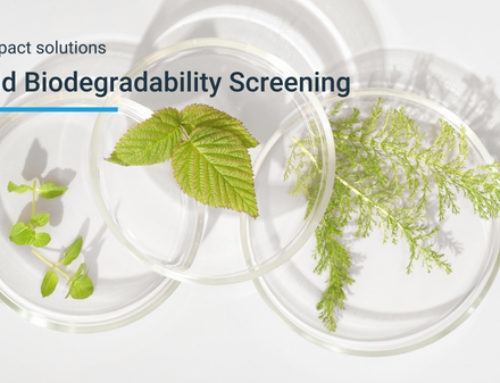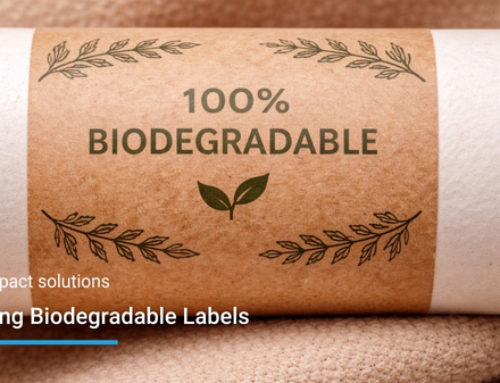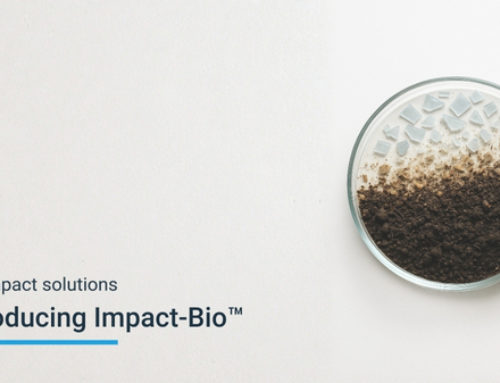In the world of pharmaceuticals, discovering a promising molecule is only the beginning. The real challenge lies in formulation; the art and science of transforming that molecule into a stable, safe, and effective product that patients can actually take. Whether it’s a tablet, injection, gel, or inhaler, formulation is what bridges the gap between lab research and real-world treatment. In this article, we’ll walk you through what formulation means, why it’s critical, the major steps involved, and where the field is headed next.
Why is Formulation Strategy Important for Sustainability?
Having a formulation strategy to create a product or solution involves identifying the key components, ingredients, or features that are necessary to achieve a desired outcome, and then determining the optimal way to combine them to create the final product or solution.
Formulation strategy is commonly used in industries such as pharmaceuticals, food and beverage, cosmetics, and consumer goods, where companies need to develop products that meet specific requirements such as safety, efficacy, quality, functionality, and environmental impact. Sales of formulated products globally are expected to reach $2.95 Trillion by 2032.
Sustainable formulation is an important step in reducing products’ negative impact on the environment and human health. By using sustainable ingredients, companies can potentially lower costs in the long run, minimising waste and emissions during production, reducing the use of non-renewable resources, and creating products that are biodegradable or recyclable—ultimately improving overall brand loyalty and reputation.
How can an Independent Laboratory Support the Formulation Process?
First, we work with the client to understand their specific requirements, including the desired properties of the product, the intended application, and any regulatory requirements that must be met to place their product on the market. The formulation process for an independent laboratory such as Impact Solutions involves a combination of research, experimentation, prototyping, and testing to develop a product that meets the client’s requirements while complying with relevant regulations. Our expertise, equipment, and experience in R&D make us a perfect go-to for your next product formulation.
Formulation – FAQ
What is formulation in pharmaceutical science?
In pharmaceutics, formulation refers to the process of combining an active pharmaceutical ingredient (API) with other substances (excipients, vehicles, etc.) to produce a final medicinal product (tablet, capsule, injection, gel, etc.) that is safe, stable, effective, and deliverable.
Why is formulation critical to drug development?
Because even the most promising active molecule is useless if it cannot be delivered effectively. Proper formulation ensures stability, correct release rates, patient acceptability, bioavailability, manufacturability, and regulatory compliance.
What are excipients and what role do they play?
Excipients are “inactive” ingredients included alongside the API to assist properties like binding, stability, solubility, flow, taste masking, and control of release. Though labeled “inactive,” their choice and compatibility are crucial.
What are the main types of formulation?
Major categories include:
-
Solid (tablets, capsules)
-
Liquid (solutions, suspensions, emulsions)
-
Parenteral / injectable
-
Topical / transdermal (creams, gels, ointments)
